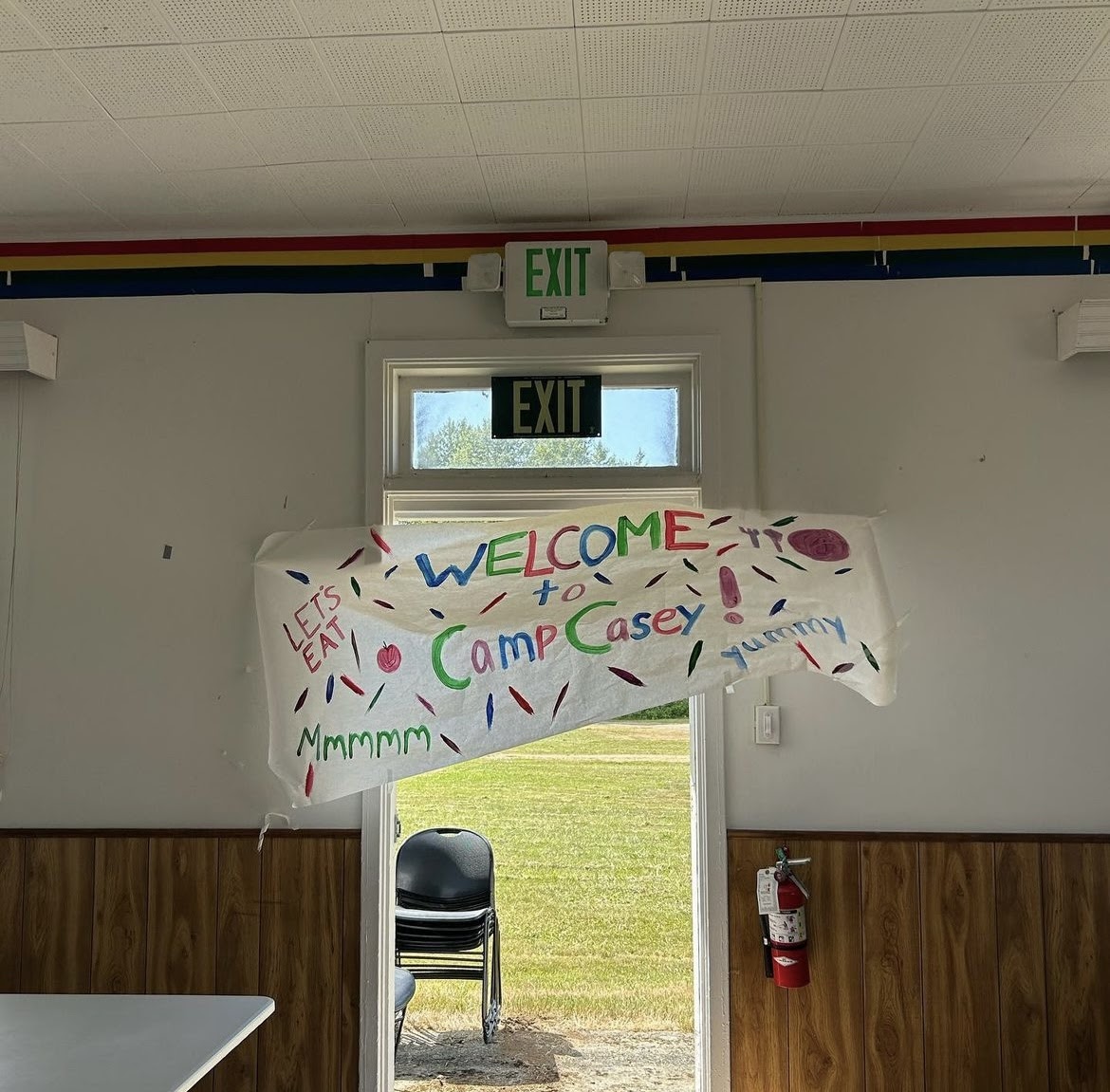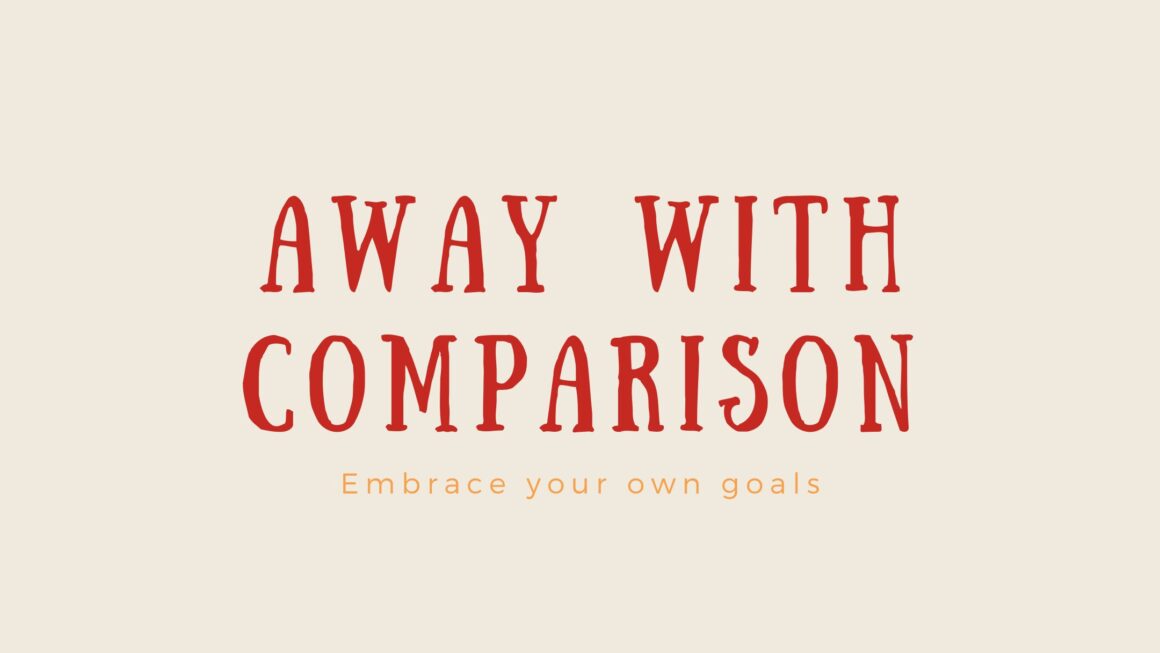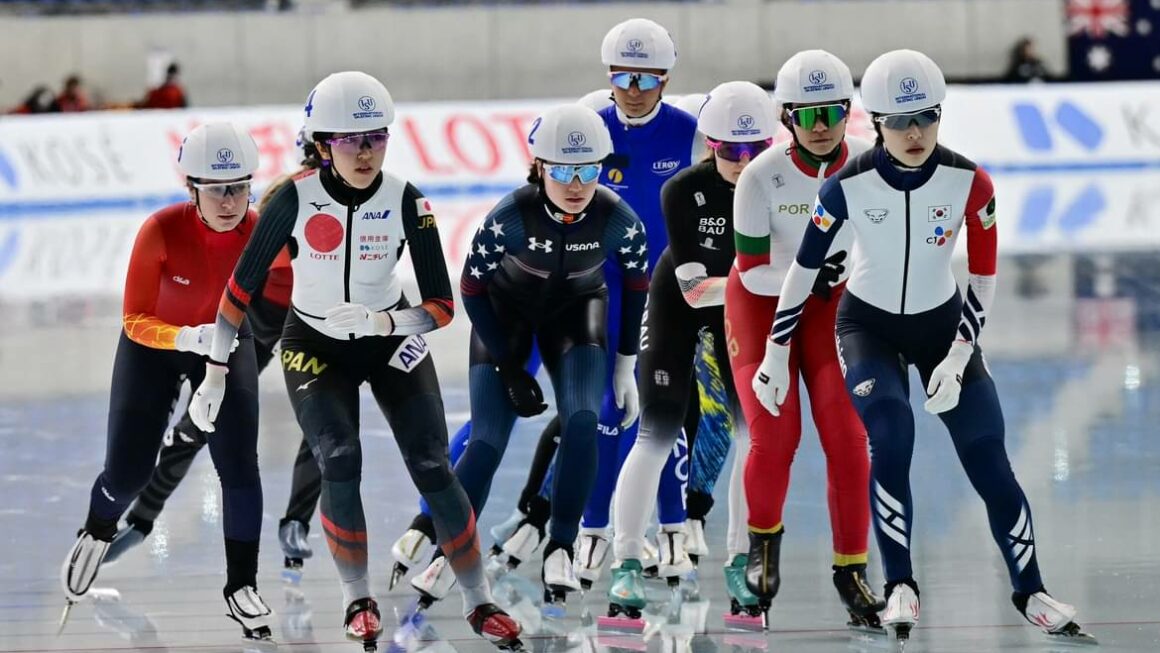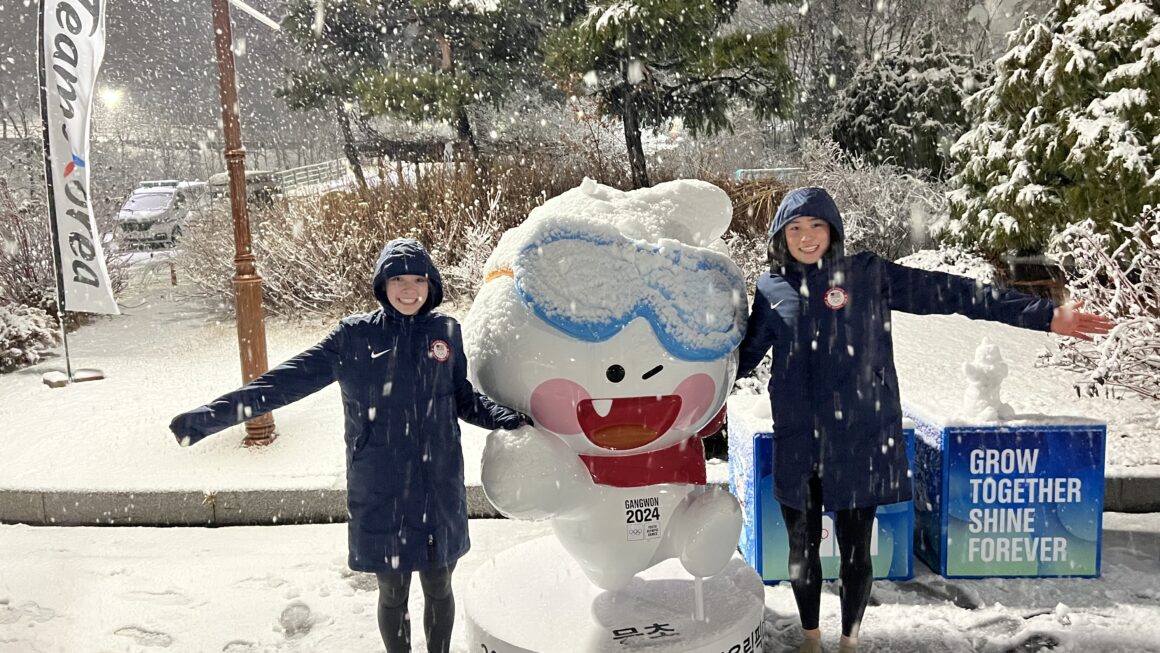Last week, I was a counselor for a week at a sleepaway camp. This was not your ordinary summer camp; it was a camp for kids ages 6-17 who faced all sorts of challenges, whether they were on the spectrum, paralyzed from the waist down, or had cerebral palsy. Some children also had osteogenesis imperfecta, or suffered from the effects of cancer or cancer treatment. Spending time with these kids impacted my life in unspoken ways, and I am so grateful that I was allowed to spend time with these kids and witness firsthand how they navigate the challenges life has thrown at them. In this article, I want to document some of my most memorable memories from camp and share some of the most meaningful lessons I learned this past week.
I want to share a story about one little guy who, despite his hatred for the world, still managed to warm the hearts of everyone at camp. This little man was only 6 years old and didn’t even know he was at a sleepaway camp until he realized he wasn’t going home. He was difficult to manage at times because he refused to participate in group activities, but his imaginative games made up for this. We would spend hours playing games like “imposter” or “robots” to pass the time while the rest of the campers did karaoke or adaptive cycling. I was bummed that he didn’t want to immerse himself in the camp experience, but we had a blast nonetheless. He would often throw fits if asked to do something he didn’t want to do, and he had a section of his railroad track from home that he would shake when he became overstimulated. While he suffered from no physical disabilities and had no trouble with any of the physical aspects of camp, it was clear that the social and emotional aspects of camp were hard for him. It was interesting to witness how he reacted to certain situations and how his reactions differed from those of people in my day-to-day life. I became more aware of the things that can trigger stress for those on the spectrum, and I will forever be grateful to this little camper for exposing me to parts of life I had previously been oblivious to. I already miss this little guy, but I am ready to see him at camp next year, and I am prepared to engage him in all the various camp activities he missed out on this year.
This next camper also holds a special place in my heart. It was also her first year at camp. She was in a power chair, non-verbal, and had little control over her body, but she still had enough control to use her tablet to communicate with us. I am so grateful that I got to meet her, and I hope our paths cross again in the future. This camper needed a little extra support when it came to things like getting dressed, eating, using the restroom, and moving around, but I didn’t mind this one bit. Plus, she was the funniest girl I’d ever met. Despite her great sense of humor and ability to spread joy to anyone she met, there were still moments of frustration, sadness, and anger at camp. This camper experienced lots of frustration for the first couple of days because she had trouble in the restroom. This was frustrating and saddening for her because she felt like she had no control. She also felt like she was too much of a burden on the counselors. This absolutely broke my heart. Our job as counselors is to help the campers. Who cared if we missed the first 10 minutes of karaoke? I tried to reassure her that we were there for her and that it didn’t matter if we were helping her for an extra 30 minutes. What mattered was that she was happy, comfortable, and more importantly, healthy. Eventually, we figured out that she just wasn’t recieving enough fluids throughout the day, so I made it my duty to make sure she was drinking at least 8 oz of liquid before each meal. This made using the restroom much easier, but the frustration and sadness continued. Being nonverbal, many counselors neglected her and barely engaged with her during camp. This also broke my heart because she had so much to say, but no one was giving her the time to express her thoughts. This experience taught me so much because it made me realize that people who are nonverbal or even paralyzed and unable to communicate swiftly are no less of a person than I am. We have the same thoughts and emotions; it’s just easier for me to share mine than for them. It is extra important to hear these people out when you have a chance.
I know I have only shared a few of my camp experiences, but many of them are ones I wish to keep in my heart. I cannot stress how much this camp affected me, and I cannot wait to return next year. Casey Forever!



